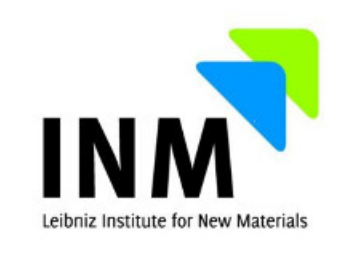The University of Bayreuth
The University of Bayreuth is a young, research-oriented campus university that is well-positioned internationally (ranked 49 in the THE’s worldwide ranking “Top 100 under 50”). While building on disciplinary excellence, interdisciplinary collaboration has been a defining theme since the establishment of the university in 1975. Indeed, interdisciplinary research and teaching programmes are not only exceptionally well-established but also institutionalized in the form of focus areas which bridge several faculties. Leading amongst those, the focus area of Polymer & Colloid Research brings together more than 35 professors from three faculties and enjoys a high degree of international visibility.
International Office
Interested in going abroad, joining us from abroad, or learning more about the University of Bayreuth’s vibrant international partnerships? Get in touch with the International Office, the centre of the University of Bayreuth’s international network. Here you will get the active guidance and support you need.
Bayreuth-Melbourne Polymer / Colloid Network
Polymers are often considered the most important material class of the 21st century due to their abundance and broad relevance from commodities to specialty applications. Modern high-performance materials, however, are typically nano-composite systems combining different polymer phases or even polymeric and inorganic phases on the nanoscale. Acting on this forefront of material science thus requires an in-depth understanding of interfacial phenomena and colloid science. This strong interconnection is reflected in the teaching conducted at the UBT, where bachelor’s, master’s and doctoral programmes combine polymer and colloid science.
The focus of the Bayreuth-Melbourne Polymer/Colloid Network lies on
materials with applications in the life sciences, where controlling the interface between living and non-living matter is key and
materials with energy research applications, where interfaces play a crucial role in harvesting energy from light and/or optimizing catalytic processes.
Both areas use similar methodologies in terms of polymer and colloid synthesis, controlling mesostructure formation, and characterization, and in fact these fields have a strong synergistic effect on one another, even though they differ with regard to functionality.







